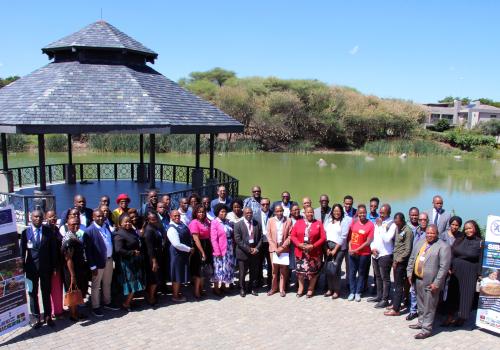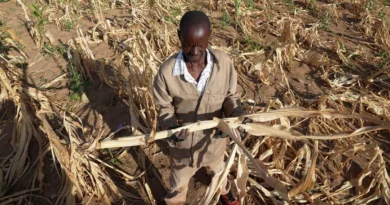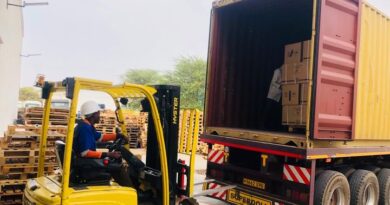SADC Secretariat Supports National Financial Inclusion Strategies in Member States
The Southern African Development Community (SADC) Secretariat has extended technical assistance to Angola, Botswana, Eswatini, and Malawi in formulating their National Financial Inclusion Strategies (NFIS).
The initiative aims to enhance access, uptake, and utilization of quality financial services and products, fostering effective participation in the SADC Industrialization Strategy and Roadmap.
The marginalized and vulnerable populations within the SADC region face numerous challenges, including inadequate financial infrastructure, limited financial literacy, high transaction costs, rigid regulations, and discriminatory practices hindering access to financial services.
SADC recently concluded its support to Botswana in developing its National Financial Inclusion Strategy and Roadmap for the period 2024–2030.
The strategy aligns with the national vision of reducing poverty, promoting economic growth, and ensuring financial stability.
During the validation workshop for the Botswana NFIS (2024–2030) in Gaborone on November 10, 2023, Mr. Rado Razafindrakoto, Programme Officer, Financial Sector at the SADC Directorate of Finance Investment and Customs, highlighted the region’s achievement in reducing financially excluded adults from 43% in 2011 to 27% in 2022.
The development of Botswana’s NFIS was made possible through the Support to Improving the Investment and Business Environment in the SADC Region (SIBE) Programme, funded by the European Union and implemented by the SADC Secretariat.
SIBE focuses on providing technical assistance, identifying key regulatory areas for harmonization, and capacity building to reduce remittance costs and develop financial products for SMEs.
The Botswana NFIS (2015–2021) yielded notable improvements, including a 6% reduction in financially excluded adults, a 7% increase in access to multiple formal financial products, enhanced financial sector infrastructure, improved regulation, and reduced risks. However, it was recognized that further reforms were needed in legal, regulatory, policy, and institutional frameworks.
Speaking at the validation workshop of the Botswana NFIS (2024–2030), Ms. Sarah Molale, Deputy Secretary of Finance and Administration at the Ministry of Finance of the Republic of Botswana, emphasized the meticulous crafting and extensive stakeholder review of the strategy to ensure alignment with national economic aspirations.
The Botswana NFIS (2024–2030) aims to contribute to sustainable and inclusive economic growth, support job creation, and include all segments of the economy, particularly women, youth, and SMEs.
Key objectives include increasing financial and credit literacy, ensuring access to affordable financial services, and addressing the needs of traditionally underserved or excluded populations.
Mr. Walebatla Kgwakgwe, Director of Financial Inclusion and Anti-money Laundering (Policy) at the Ministry of Finance of the Republic of Botswana, summarized the workshop’s recommendations, emphasizing the importance of strengthening and harmonizing the legal and regulatory framework, adopting an implementation roadmap, integrating budgets into national development plans, and encouraging private sector innovation through policy development.
The Botswana Government plans to launch the National Financial Inclusion Strategy and Roadmap 2024–2030 in January/February 2024.
This story has been adopted from SADC, Botswana.



